How smart do you have to be?
How smart do you have to be to get top marks?
Start Browsing
Start browsing
< Wait, I have a password

to your account
 Facebook
Facebook
< Wait, I don't have a profile yet
Reset Password >
to save your details
 Facebook
Facebook
< Wait, I already have a profile

Start browsing
< Wait, I have a password



Reading poetry can be pretty difficult – the author is saying one thing, we’re thinking another thing, we don’t understand half the words being used and can’t work out why we’re reading it in the first place! The key to reading poetry is to try and decipher what the poem is saying and why the author is saying it. Once you work these crucial points out, the rest is easy! Poetry is all about asking questions – don’t be passive when reading a poem, get a pencil out, write in the margins, get involved and question everything about the poem. These important tips will help you find those answers:
Firstly, read over the title of the poem to find out what clues the title gives about the poem. For instance, does the title promise something? Does it give you a sense for where the poem is going to take you? Once you’ve read through the poem, it might help to jot down what your initial impression of the subject was. What did you think the poem was actually getting at? The more precise you can be, the better! Poems tend to be short, packing in loads of information into sentences or paragraphs. Try paraphrasing each sentence into your own words, or even explaining what you think it means to someone else.
It might help to find out a bit more about the poet – who are they, what age did they write the poem, did they write anything else? Do they allude to any major literary or historical figures or events in the poem? Think about the way the poem is written and the attitude and tone used by the author towards the subject. Are they very serious? Ironic? Humorous? Can you think of why they might take on this tone?
Think carefully about the sound and rhythm of the poem – this is one of a poet’s greatest tools to sway and influence their readers. Has the poet used rhyme? If so, is it regular? What other literary devices has the poet used (onomatopoeia, alliteration etc.). Most importantly, what effect do these devices create in the poem? Do they make the reader feel or think a certain way? The poet will generally order the ideas in the poem in a certain way – think about why they’ve done this, whether the ideas progress chronologically (from past to present), or geographically (from one place to another) or from simple to complex.
Often a poet will use very specific words to make their point, and it’s worth asking why the poet has used these words. What type of mood do the words evoke? Think about yourself when you read the poem – how did it make you feel as you were reading? Were you calm? Frustrated? Nostalgic? Happy? Another good way to look at the choice of words is whether the poet uses figurative language such as metaphors, similes or personification. Think about why the poet used that particular metaphor when they could have chosen anything else. Sometimes, a poet will reference the same word or theme over and over. If you spot groups of similar words referenced throughout, question why the poet has placed these in certain spots and how it affects the reader.
 -
-